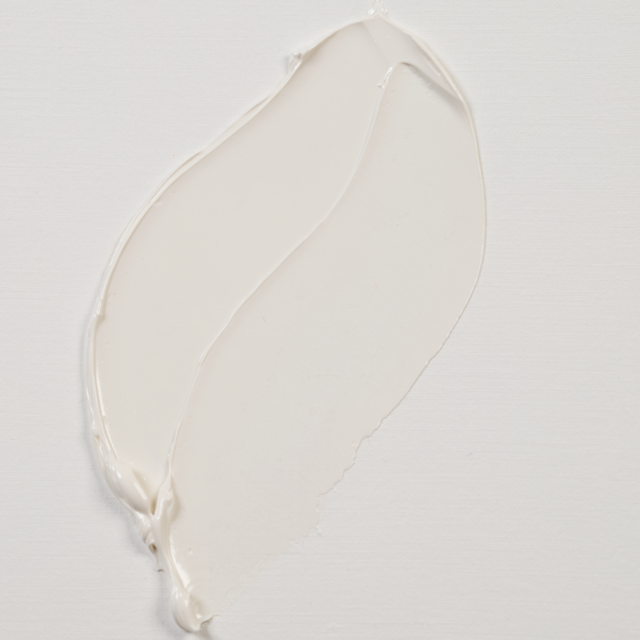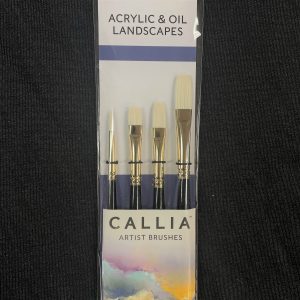Description
Royal Talens Rembrandt Oil Paint – Transparent White 119
Rembrandt Oil colour tube Transparent White (Safflower Oil) 119 is a transparent white. Lightens transparent colours, great for glazing techniques. Based on safflower oil.
Rembrandt oil paint has been developed through pure skill and artistic insight and is based on the best raw materials. These extra-fine quality oil colours have a uniform viscosity and are crafted with a high concentration of premium quality pigments that offer the highest degree of lightfastness.
Sizes:
- 40 ml
Details:
- Buttery oil paint with a pasty consistency for a clear brush stroke
- Ground multiple times on a triple roller mill to create an artists’ quality fineness
- Offers a uniform viscosity and the highest degrees of lightfastness
- Available in 120 very pure and intense colours, including 57 mono-pigmented colours
- Skillfully crafted in the Netherlands since 1899
About Rembrandt Whites:
Rembrandt offers a selection of whites with different properties and applications.
- Zinc White: A semi-opaque cool white. Makes colours lighter without weakening the original colour. Rembrandt Zinc White is available in two options: Zinc White 104 based on safflower oil for the top layer, or Zinc White 117 based on linseed oil for lower layers.
- Titanium White: An opaque, warm white. Great for toning down intense colours and creating opaque mixing shades. Rembrandt Titanium White is available in two options: Titanium White 105 based on safflower oil for the top layer, and Titanium White 118 based on linseed oil for lower layers.
- Mixed White: A neutral white. Contains both zinc and titanium pigments. Based on safflower oil.
- Transparent White 119: A transparent white. Lightens transparent colours, great for glazing techniques. Based on safflower oil.
- Pearl White 817: A transparent white that adds an iridescent sheen. Works best when mixed with transparent colours. Based on safflower oil.
Linseed vs. safflower oil
Besides the pigments used, the binder also impacts the paint’s properties. As linseed oil shows some yellowing over time, it is sometimes replaced by safflower oil, particularly for white paint. Safflower oil is less yellowing, so it is great for use in the top layers of your painting, but it dries more slowly. Safflower oil is therefore less suitable for thickly painted areas or lower paint layers. For the lower layers, we recommend using a white based on linseed oil.



